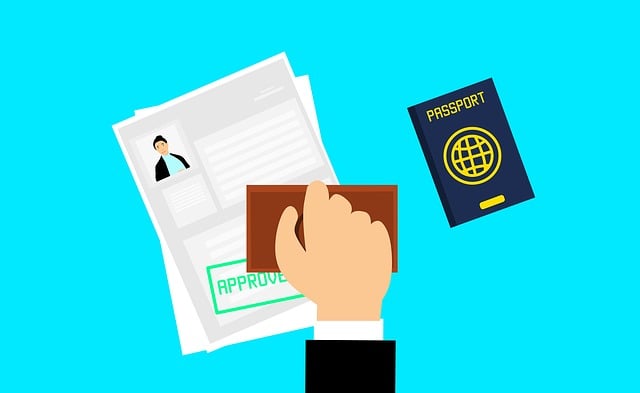Injury victims can protect their rights and achieve justice through settlement negotiations, bypassing court to save time and legal fees. This process involves direct communication with insurers or opposing parties to assert entitlements, navigate potential fiduciary duty breaches, and reach fair resolutions. With expert legal advice, victims secure compensation for medical expenses, pain and suffering, lost wages, and more, empowering them to take control of their healing journey while upholding their rights.
Injury victims often face a complex journey towards justice and compensation. Settlement negotiations play a pivotal role in this process, empowering individuals to secure their rights without undergoing the lengthy and unpredictable trial path. This article delves into the intricacies of settlement negotiations from an injury victim’s perspective, exploring how these discussions protect and benefit those who have suffered harm. We’ll navigate through the process, its advantages, and potential challenges, shedding light on ensuring a fair deal for all injured parties.
- Understanding Settlement Negotiations: A Victim's Rights Perspective
- The Process: How Negotiations Protect and Empower Injury Victims
- Benefits and Challenges: Ensuring a Fair Deal for Injury Victims through Settlements
Understanding Settlement Negotiations: A Victim's Rights Perspective

Understanding Settlement Negotiations: A Victim’s Rights Perspective
When an individual suffers injuries due to someone else’s negligence or intentional acts, they often look to personal injury claims as a means of seeking justice and compensation for their pain and suffering. However, navigating insurance disputes can be a complex and lengthy process. This is where settlement negotiations come into play as a crucial tool to protect the rights of injury victims. By engaging in these discussions, victims have an opportunity to resolve their cases outside of court, potentially saving time and legal fees while ensuring they receive fair compensation for their injuries.
From the perspective of an injury victim, settlement negotiations provide a platform to assert their rights and gain control over the outcome of their case. It allows them to directly communicate with insurance representatives or opposing parties, advocating for their needs and understanding their entitlements. While this process involves strategic decision-making and compromise, it ultimately empowers victims to achieve a resolution that aligns with their best interests, especially when addressing potential fiduciary duty breaches in insurance coverage or dispute settlements.
The Process: How Negotiations Protect and Empower Injury Victims

The process of settlement negotiations is a crucial step in protecting and empowering injury victims. When an individual suffers an injury due to someone else’s negligence or intentional actions, they often face complex legal challenges. Settlement negotiations serve as a bridge between the victim and the responsible party, providing an opportunity for both sides to reach a mutually agreeable resolution without going through lengthy and costly litigation. This approach ensures that the injury victim rights are not only respected but also restored, offering a sense of justice and closure.
Through negotiations, victims can actively participate in shaping their own recovery. They have the chance to share their story, express their needs, and ensure that the settlement compensates them fairly for medical expenses, pain and suffering, and other associated damages. This collaborative process fosters a sense of empowerment, allowing injury victims to take control of their journey towards healing and financial stability. Moreover, it can help avoid the stress and uncertainty of court battles, which may further benefit the client recovery process.
Benefits and Challenges: Ensuring a Fair Deal for Injury Victims through Settlements

For injury victims, settlement negotiations present a crucial avenue to protect their rights and secure fair compensation for their suffering. This alternative to litigation offers several benefits, notably avoiding the lengthy, costly, and unpredictable nature of court proceedings. A settlement allows for quicker resolution, providing much-needed financial closure and medical resources for victims’ recovery. It also ensures that legal fees are significantly reduced or waived, which is particularly beneficial for those with limited means.
However, navigating these negotiations presents its own set of challenges. Injury victims must ensure they receive a fair deal that adequately compensates them for their injuries, pain, and suffering, lost wages, and medical expenses. This requires the assistance of experienced legal counsel who can navigate complex insurance policies, understand settlement offers’ nuances, and advocate for their clients’ best interests. Moreover, in cases like slip and fall or product liability where liability is disputed, reaching a mutually agreeable settlement can be difficult, underscoring the importance of having a knowledgeable car accident lawyer by your side throughout the process.
Settlement negotiations play a pivotal role in ensuring that injury victims receive fair compensation for their plight. By understanding the process and its benefits, victims can navigate these discussions empowered, knowing their rights are protected. Through open communication and strategic negotiation tactics, individuals can secure settlements that not only cover immediate medical needs but also account for future care and rehabilitation—ultimately fostering a sense of justice and well-being.






